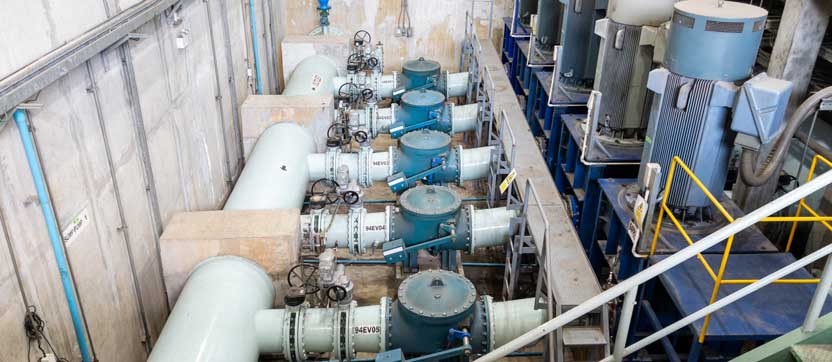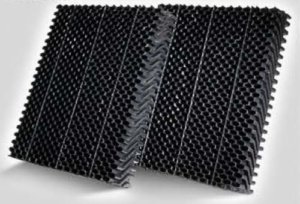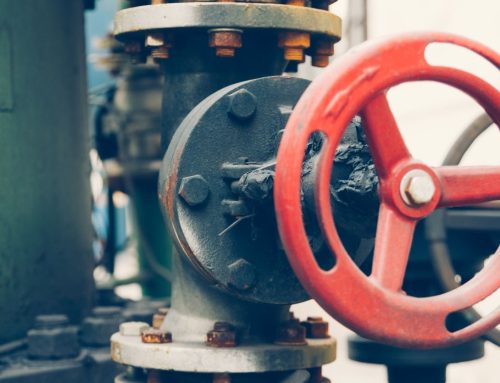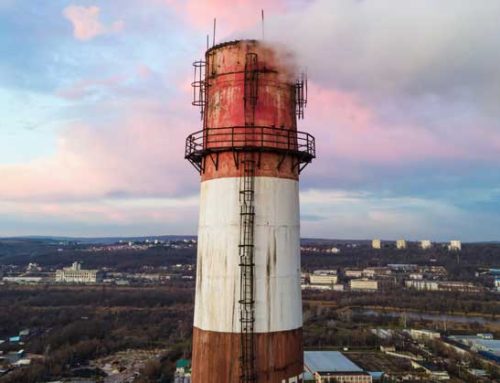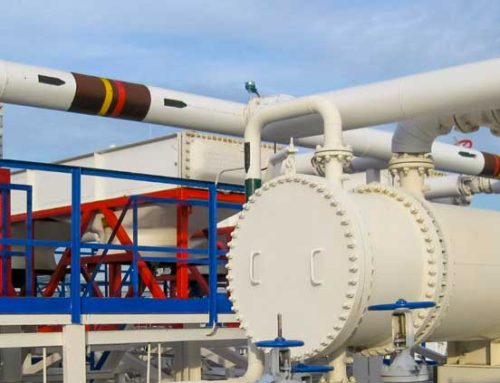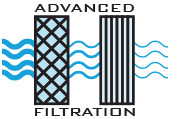Water quality is vital in any industrial facility, ensuring all systems and processes function efficiently. Investing in a water filtration system is the best way to ensure the water is impurities-free. In this article, learn all about industrial water filtration systems with the experts at Advanced Filtration.
Water filtration systems facilitate effective removal of contaminants to purify water. So, what exactly are industrial water filtration systems, and why are they important? Let’s find out as we discuss how these systems work.
What Are Industrial Water Filtration Systems?
Industrial water filtration systems refer to special equipment that cleans industrial water. These systems eliminate potentially harmful substances like pollutants and impurities from water. They make the raw water safe, clean, and suitable for industrial applications.
Industrial water filtration systems are available in different configurations, sizes, and shapes. Each one comes with unique features and capabilities. These systems use filters made from materials like activated carbon and multi-layered sand. They cleanse water through:
- Nanofiltration
- Reverse Osmosis
- Coarse Filtration
- UV light
- Ceramic Filtration
- Ultrafiltration
These processes can clean water using chemical treatment, physical filtration, or both. The most suitable one depends on the impurities you intend to eliminate. Different industries use water with varying quality levels.
For instance, the food sector requires higher water quality due to human consumption. Reverse osmosis is prevalent in this sector, eliminating about 99.9% of bacteria.
The aerospace and automotive industries need particular water specifications. The finishing processes are sensitive, so high-quality water is necessary for high-quality parts.
How Do Industrial Filtration Systems Work?
Industrial water filtration systems function in different ways. However, the filtration process typically involves the following four steps.
Screening
The first step is where raw water goes into the filtration system, passing through a screen. This screen eliminates large particles to prevent them from clogging during purification.
Coagulation or Flocculation
The next step involves adding chemicals to the water, which creates floc. Floc is something sticky that consists of small particles. This process causes the particles to sink or float, making it easier to remove them.
Filtration
Filtration is a vital aspect of industrial water filtration systems. Flocculation leaves floc in the water tanks, so pumps must push water toward the filters. These filters remove additional particles left by the previous step.
Disinfection
After filtration, pumps direct water to another holding point for disinfection. This stage kills any microorganisms that passes through filtration. It uses technologies like UV light, reverse osmosis, and chemicals like chlorine.
Types of Industrial Filtration Systems
There are different types of industrial water filtration systems. Each type removes particular contaminants from fluids like water. To determine which system best suits your facility, it’s essential to understand how each works and the impurities each removes.
Basket or Pipeline Strainers
Strainers are vessels that trap solid particles as water passes through. They have a removable screen called a basket, made using perforated mesh or plates. This basket can reduce particles down to 75 microns or 200 mesh. Once full, it requires cleaning to maintain efficiency.
Strainers can also trap helpful materials for later stages of the production process. They effectively protect filters, valves, pumps, and meters from damage due to contaminants.
Ultraviolet Purification
Ultraviolet purification involves disinfecting water using UV light. This light can penetrate microorganisms to destroy the DNA. Microorganisms cannot reproduce and perform key functions without DNA, so they die off.
Automatic Self-Cleaning Strainers
Self-cleaning screen strainers use the system’s pressure to self-clean. They have a rigid screen that removes particles, collecting the debris in a cylinder. As the debris builds up, it creates differential pressure in the outlet and inlet.
A flush valve opens due to pressure, causing rapid flow into the cleaning device. The device then removes the debris from the screen.
Reverse Osmosis
Regular osmosis occurs when solvents move from a low to high concentration region through a permeable membrane. If you apply pressure to reverse this flow, the result is reverse osmosis, which leaves you with filtered and clean water.
Reverse osmosis is highly effective as it relies on a natural process. It can remove bacteria, sodium, dissolved salts, and fluoride. The membrane’s pores stop at least 95% of dissolved contaminants and bacteria.
Activated Carbon Filtration
This method utilizes activated carbon to bind toxins present in water. It’s a porous material that strains impurities and contaminants through adsorption. This method effectively removes chemicals like chlorine, odors, and tastes.
However, it doesn’t remove dissolved compounds, salts, and minerals. It, therefore, needs other filtration techniques for higher water quality.
Why Are Industrial Filtration Systems Important?
We’ve built our company on answering this question. Industrial filtration systems can result in cost-effective and more accessible manufacturing. They provide opportunities for facilities to adopt sophisticated, environmentally friendly practices. Besides meeting industry specifications, water filtration systems have multiple benefits that include:
Increased Sustainability
Raw water from natural sources gets contaminated due to factors like pollution. Manufacturing processes can also lead to contamination, making natural water unsuitable.
Having an industrial water filtration system allows facilities to reuse water. Since the facilities can clean the water, they can choose water sources. Besides flexibility, companies can minimize the demand for raw water and save money.
Higher Efficiency
The ability to filter and cleanse water makes facilities less dependent on local water supplies. This especially benefits areas with high water competition, restrictions, or drought. Facilities can ensure consistent processing and production cycles with fewer interruptions and calibrate the filtration process based on production needs.
Low Power Consumption
Advanced water filtration systems are highly efficient. Facilities can monitor energy consumption and the ion exchange and disinfection processes. They may also program the filtration system to operate off-peak hours for better energy efficiency.
Low Maintenance Costs
Modern industrial water filtration systems are easier to maintain and use. They only require replenishing the treatment solutions instead of replacing the components. Filtration also protects the equipment from harmful contaminants. It reduces the need for regular maintenance and allows the machinery to function well, reducing downtime.
Removal of other contaminants
Some filtration systems can eliminate volatile compounds like manganese and iron. They also remove ammonia, trace metals, and such pollutants. Reducing these contaminants in water can make other production processes more efficient.
Reach Out To Advanced Filtration For Your Industrial Water Filtration Needs
Industrial water filtration systems are vital to ensure that industrial water is free of contaminants. The filtration process removes impurities, making the water suitable for various industries. Filtration systems come in different types, each with some pros and cons. When selecting such a system, the most significant aspect is the contaminants you intend to remove from the water.
But picking out the right filtration system isn’t as easy as it sounds. Contact Advanced Filtration for a free consultation, and we can help you get the solution you need, for the price that fits your budget. Call us today at 732-901-6676 or use the contact form on this page.

